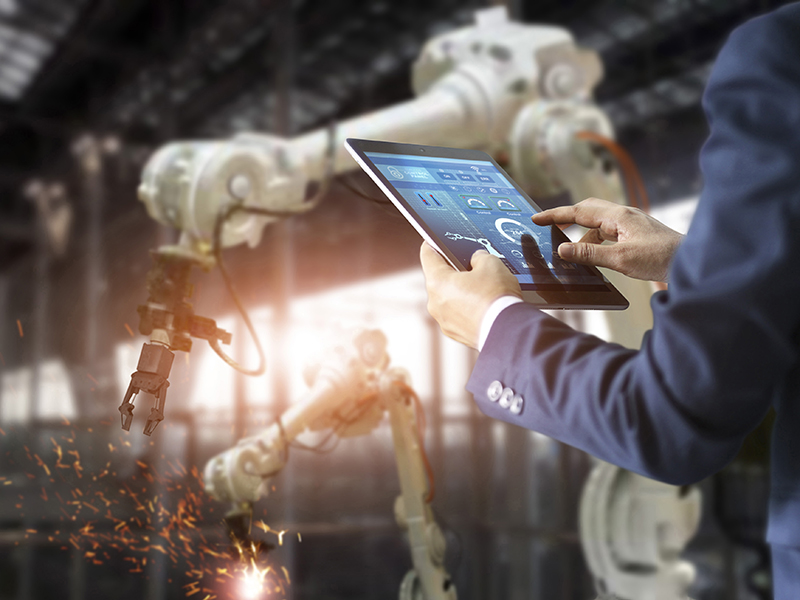
It is not true, as when we talked about IR4.0, we are adopting technology for the first time. We have been integrating technology for the longest time. We have adopted machines to replace animal power, electrifying many of our industries and streamlining manufacturing processes, and even adopted computers and information technology with our MSC initiatives. Adopting IR4.0 is just another progression in our effort to progress with time.
The real question is, are we progressing enough? In reality, many of the 1.4 million enterprises running our economy are still in IR3.0 or even lower. This only shows that while we are keen to adopt technology, the ability to transform our industry to be fully engaged in, at best, very dismal. What will it be then our likelihood to succeed in genuinely adopting IR4.0? Again, it is about looking at the situation holistically. Do our enterprises have the capacity to acquire assets, provided with sufficient funds, so that they can do what we wish them to become?
Government ministries and agencies play a vital role. We need the right people to provide good leadership for this to happen. Good policies connecting supply and demand ensure our efforts to adopt IR4.0 are sustainable. Our economy is dominated by GLCs that procure many products. Can we have clear guidelines that their demand for products and services is tied to locally developed goods to justify these enterprises' investments? Our current reality does not reflect this. We are happy to be good global citizens of a free open economy. We need to emphasise the spirit of nationalist interest first.
Talent development can be implemented only when local enterprises see the real benefit of investing and adopting IR4.0. Sadly, we have invested many resources in developing talent, but they are released into the economic ecosystem independently. There is a lack of coordination between talent generation and industrial development. This is a failure in policies and coordination efforts. This will only get worst when IR4.0 requires not only new discipline but also the retraining of existing resources.
With good leaders guiding strategic policies and governance, we can only implement technology adoption IR4.0, talent development, or others. These efforts are not a one-off event but rather a journey. The ability to do continuous incremental growth is a necessity. We don't need much brouhaha or rhetoric but actual work everyone supports.
It's a system problem. The government with the right policies, universities generating promising talents, industries that are connected correctly in the supply-demand ecosystem, everyone needed to be well aligned in a long-term agenda that is all about national development. Only when we can get our act together, however busy we are, doing IR4.0 in an isolated manner will not move the needle much.

About the Author
